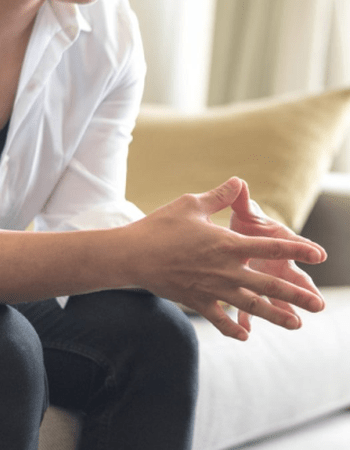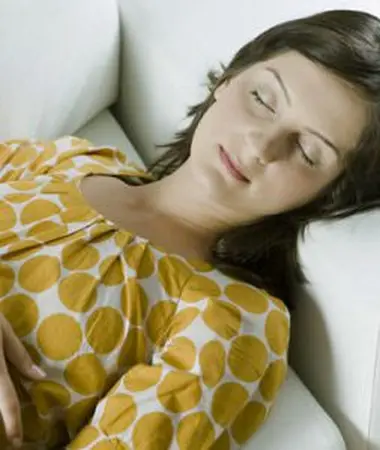Relaxation
The term relaxation literally means relaxation and is a collective name for methods that aim to eliminate the physical and mental symptoms of anxiety.

The relaxation method achieves physical and mental relaxation with the help of controlled relaxation of the body’s muscles.
The brain frequency decreases, the state of consciousness changes, it becomes an inward observer. In our age, stress threatens almost everyone. Symptoms of stress can be increased heart rate, sweating, shortness of breath, metabolic disorders, muscle tension, headache.



A state of relaxation reduces the harmful effects of stress.
The state of relaxation reduces the harmful effects of stress in our body, the oxygen supply of the organs improves, the rate of metabolism slows down by 18-20%, the lactic acid content of the blood decreases, the cholesterol level is 30% lower, and the level of endorphins that improve well-being increases.
In the state of consciousness provided by relaxation, we become more open.
In the state of consciousness provided by relaxation, we become more open to our spiritual contents, which forms the basis for the subsequent work with symbolic images, such as imagination, meditation, hypnosis, and the ego-state.
FAQ – Frequently asked questions.

What are the benefits of relaxation?
It also has serious psychological benefits in the short term, such as balance, greater calmness and vitality, as well as a lower need for sleep and greater resistance to stress. In the long term, its somatic effects are also apparent, e.g. blood pressure and pulse may normalize or digestion may improve. It allows us to relieve stress by teaching our autonomic nervous system to relax.
Can I practice relaxation at home?
Yes, it is highly recommended. During the sessions, you will learn the method of relaxation more and more, you will have your own inner experience, which can also be evoked at home. With regular exercises and passive attention directed at ourselves, we create psychological and physical-spiritual relaxation.
In this relaxed state on the border of sleep, our mind is able to influence our body’s self-regulating system, which also controls circulation, heart rate and breathing.
By which signs can you recognize that you are in a relaxed state?
During relaxation, brain activity decreases in the altered state of consciousness. The electrical voltage level in the brain changes from the everyday beta brain wave level (30-35 Hz) to alpha-theta brain wave activity (4-13 Hz). As a result, subjective relaxation and a reduction in anxiety occur.
Methods and therapies
Health zone
Interesting facts from the world of mental health and psychology.


